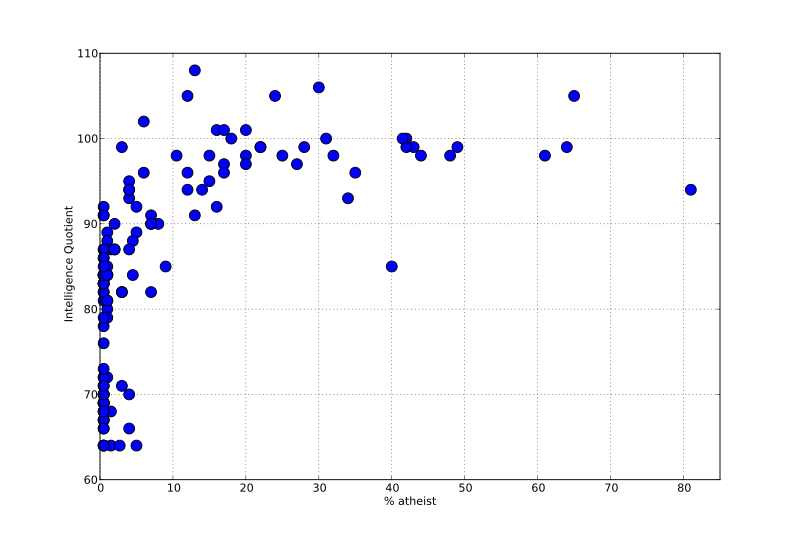JSTOR link pls.
That, and I liked money.

That's pretty much all I can say about it here.
The thesis isn't particularly complicated - college education tends to teach certain worldviews to students. I was able to show that for a particular component of said worldview that there's a statistically significant and linear relationship between the penetration of this component and years in college. As in, add a year and the penetration increased by a specific amount, and about the same each and every year, after controlling for everything else.






Comment